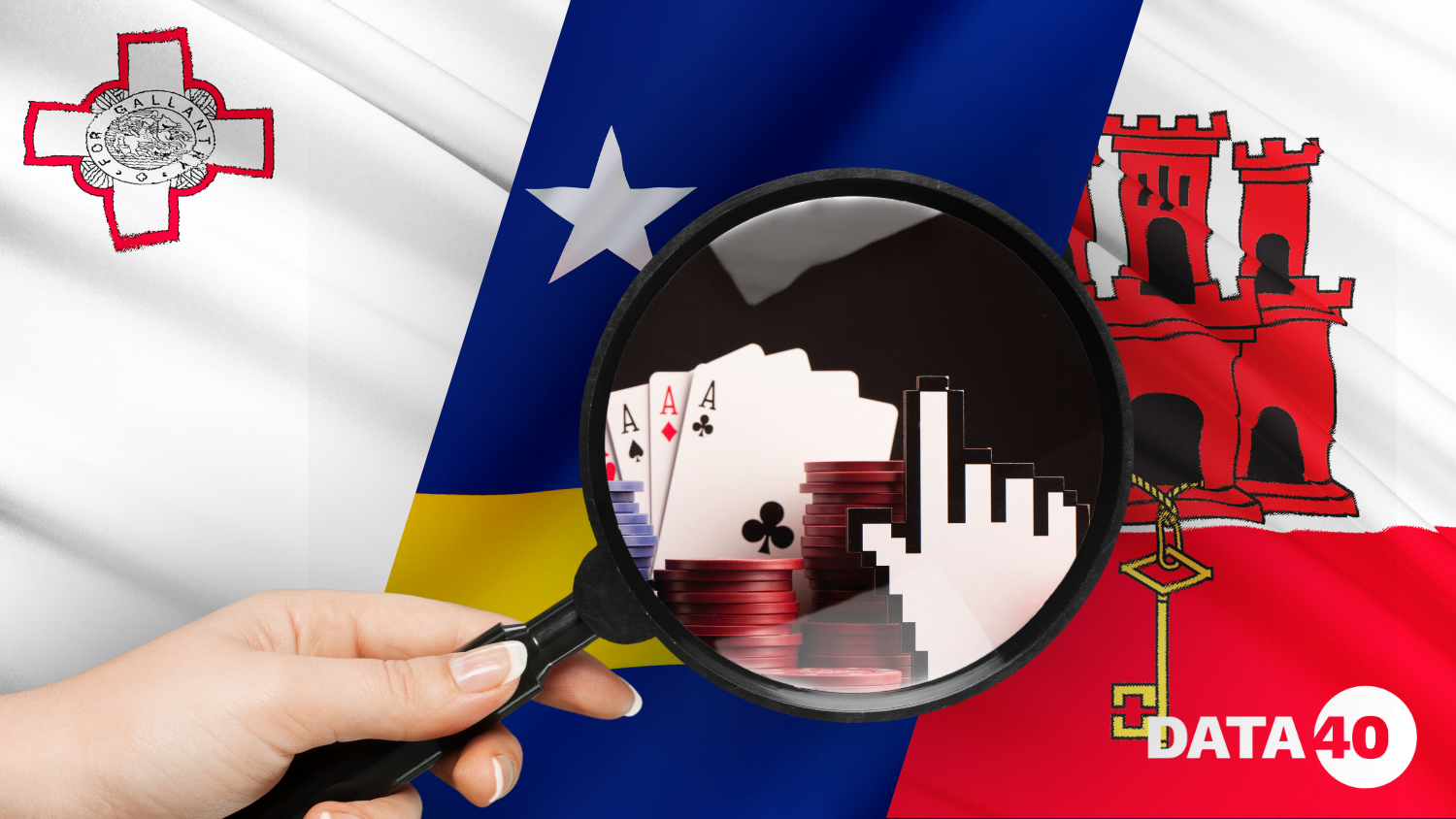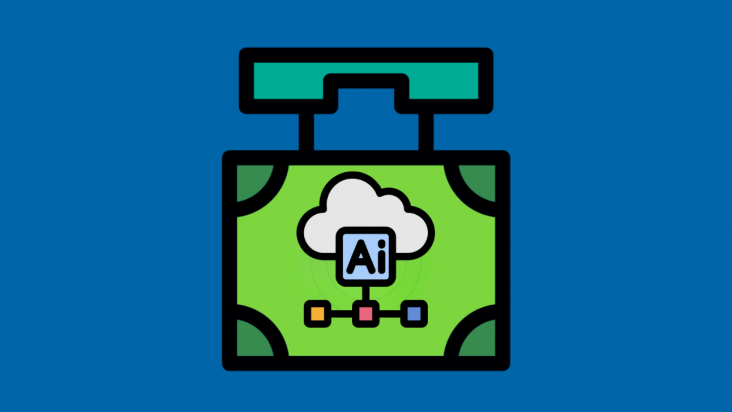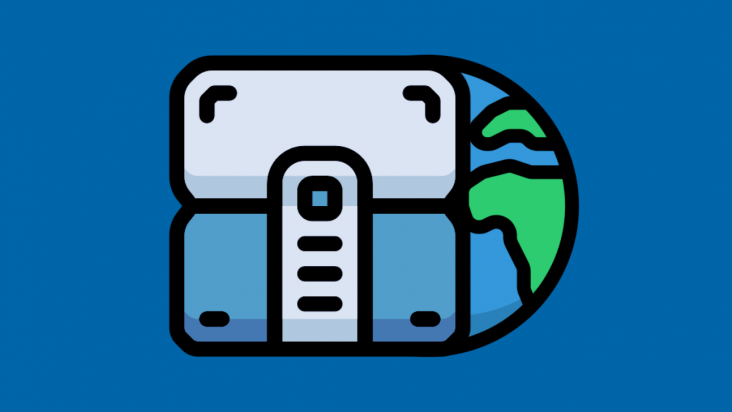
In the highly competitive online gambling industry, obtaining a license is a crucial step for operators seeking to establish credibility and access various markets. Different jurisdictions offer unique regulatory frameworks, benefits, and challenges. This article delves into the licensing regimes of Gibraltar, Malta, and Curacao, among others, providing a comprehensive comparison to help operators navigate their options.

Licensing Frameworks: An Overview
Gibraltar
Gibraltar, under the Gambling Act 2005, has positioned itself as a hub for high-quality, well-regulated remote gambling. The jurisdiction prioritizes licensing blue-chip companies with proven track records, although well-funded start-ups are also considered. Gibraltar emphasizes rigorous anti-money laundering (AML) and consumer protection measures, offering a robust regulatory environment for operators targeting international markets.
Malta
The Malta Gaming Authority (MGA) is renowned for its forward-thinking approach to online gambling regulation. Established in 2001, it provides a flexible framework that accommodates innovation in gaming technologies. Malta’s licensing process is operator-friendly, balancing stringent compliance requirements with a supportive business environment.
Curacao
Curacao offers one of the simplest and most cost-effective licensing processes. The island’s regulatory framework, managed by the Curacao Gaming Control Board, is particularly attractive to smaller operators and start-ups due to its low cost and ease of entry. However, it has faced criticism for limited consumer protection and oversight.
Other Jurisdictions
- Alderney: Known for its high regulatory standards and focus on financial transparency.
- Isle of Man: Offers a balanced regulatory environment with strong player protection.
- Anjouan: Emerging as an affordable option for operators seeking to tap into African markets.
Regulatory Compliance and Standards
Compliance is a cornerstone of any reputable licensing regime. Here’s how these jurisdictions compare:
- Gibraltar: Enforces strict AML and Counter-Terrorist Financing (CTF) regulations. Operators must demonstrate effective governance and social responsibility measures. The jurisdiction also requires comprehensive audits and data protection compliance.
- Malta: Adopts a risk-based approach to AML, ensuring operators implement robust internal controls. The MGA also mandates responsible gaming policies and regular audits.
- Curacao: While offering a streamlined compliance process, it has been criticized for leniency in enforcing AML and consumer protection standards.
Licensing Costs and Economic Contributions
The financial aspects of obtaining a license vary significantly:
- Gibraltar: Licensing fees are set at £100,000 annually for remote gaming operators. The jurisdiction also imposes a 0.15% tax on gross gaming yield, supporting its robust infrastructure.
- Malta: Offers tiered licensing fees based on the type of operation, with an annual compliance contribution. Operators benefit from a favorable corporate tax rate of 5% on profits.
- Curacao: Known for its low fees, starting around €20,000 annually. There are no additional gaming taxes, making it an attractive option for cost-conscious operators.
Business Models and Market Focus
Each jurisdiction supports different business models, catering to varied market needs:
- Gibraltar: Gibraltar is a hub for both B2C (business-to-consumer) and B2B (business-to-business) operations. Its licensing regime supports complex corporate structures and multi-jurisdictional operations, making it ideal for large, established players.
- Malta: Malta caters to a diverse range of gaming operations, including emerging markets like esports and blockchain-based gaming. Its regulatory framework is adaptable, allowing operators to innovate and explore new business models.
- Curacao: Best suited for start-ups and smaller operators, Curacao’s licensing framework provides a quick and cost-effective entry into the market. It’s particularly popular among cryptocurrency-based operators.
Technology and Testing Standards
To ensure fairness and integrity, jurisdictions require operators to meet specific technical standards:
- Gibraltar: Operators must undergo rigorous testing by approved independent test houses, such as eCOGRA and GLI Europe BV. These tests cover everything from game fairness to data security.
- Malta: The MGA mandates comprehensive testing of gaming software and hardware. Operators must ensure their systems are secure, reliable, and transparent.
- Curacao: Lacks mandatory independent testing requirements, which raises concerns about the fairness and reliability of games hosted under its license.
Dispute Resolution and Player Protection
Dispute resolution mechanisms enhance player trust:
- Gibraltar: The Gambling Commissioner provides a well-structured process for handling complaints.
- Malta: The MGA offers a player-focused dispute resolution service.
- Curacao: Relies on individual operators to manage disputes, often leading to inconsistent outcomes.
Advantages and Challenges of Each Jurisdiction
Gibraltar
- Advantages: High regulatory standards, strong consumer protection, and political stability.
- Challenges: High costs and stringent compliance requirements.
Malta
- Advantages: Flexible licensing, innovation-friendly, and favorable tax regime.
- Challenges: Increasing competition and regulatory scrutiny.
Curacao
- Advantages: Low costs and ease of entry.
- Challenges: Limited oversight and consumer protection.
Conclusion
Choosing the right licensing jurisdiction depends on an operator’s business goals, target markets, and risk tolerance. While Gibraltar and Malta offer robust regulatory frameworks ideal for established players, Curacao provides an affordable entry point for new entrants. Regardless of the jurisdiction, compliance with regulatory standards is essential for long-term success in the online gambling industry.








